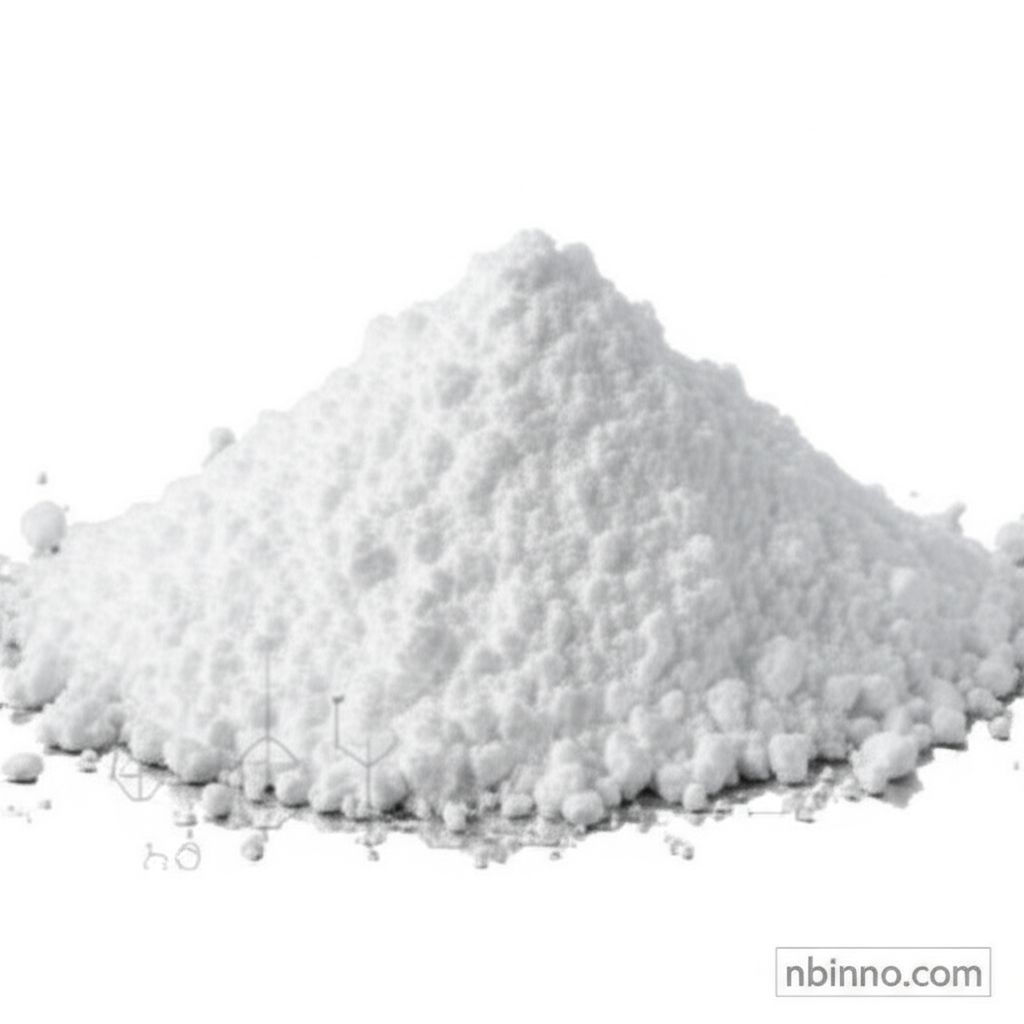Microcrystalline Cellulose (MCC): A Cornerstone Excipient for Pharmaceutical Excellence
Discover the multifaceted benefits of MCC, enhancing tablet quality, drug release, and manufacturing efficiency.
Get a Quote & SampleProduct Core Value

Microcrystalline Cellulose
Microcrystalline Cellulose (MCC) is a highly refined, purified, and partially depolymerized cellulose, primarily sourced from high-quality wood pulp. It exists as a white, odorless, and tasteless powder, making it an ideal excipient for a wide array of applications, particularly in the pharmaceutical industry. Its unique physical and chemical properties allow it to function effectively as a binder, diluent, disintegrant, lubricant, and anti-adherent in tablet and capsule formulations. The use of microcrystalline cellulose pharmaceutical excipient ensures improved tablet cohesion, controlled drug release, and streamlined manufacturing processes, contributing significantly to the final product's quality and efficacy.
- Leveraging MCC's excellent binding properties: It acts as a strong dry binder, crucial for direct compression tableting, ensuring tablet integrity and hardness.
- Facilitating efficient drug release: As a disintegrant, MCC swells upon contact with moisture, aiding rapid tablet breakdown for optimal bioavailability, a key aspect of MCC disintegration properties.
- Enhancing tablet manufacturability: Its compressibility and flowability make it a preferred direct compression excipient, simplifying production and improving tablet uniformity.
- Ensuring product purity and safety: MCC is chemically inert and safe for consumption, making it a versatile choice for both pharmaceutical and food applications, as highlighted in discussions about pharmaceutical grade MCC benefits.
Key Advantages and Properties
Exceptional Binding Capabilities
MCC's primary strength lies in its ability to deform plastically under compression, forming strong bonds between particles. This makes it an outstanding binder in tablet formulations, ensuring robust tablet cohesion and preventing disintegration during handling, a core function for MCC binder tablet formulation.
Superior Disintegration and Drug Release
With its porous structure and water absorption capabilities, MCC acts as an effective disintegrant. This facilitates rapid tablet breakdown in the GI tract, ensuring that active ingredients are released promptly for absorption, a critical aspect for achieving desired therapeutic outcomes.
Enhanced Compressibility and Flowability
The physical attributes of MCC contribute to its excellent compressibility and flowability. This is vital for direct compression methods, allowing for uniform die filling and consistent tablet weight, thereby improving the efficiency of the manufacturing process.
Key Applications of Microcrystalline Cellulose
Pharmaceutical Formulations
Widely used as a binder, diluent, and disintegrant in tablets and capsules, contributing to drug stability and controlled release. It's a key component for microcrystalline cellulose applications in drug delivery.
Food Industry
Serves as a texturizer, emulsifier, and bulking agent in various food products, enhancing texture and stability.
Cosmetics
Functions as an abrasive, absorbent, anti-caking agent, and viscosity enhancer in cosmetic products for skin, hair, and makeup.
Nutraceuticals
Incorporated into vitamin supplements and other dietary products to improve tablet integrity and ease of consumption, leveraging its role as a cellulose gel for tablets.
